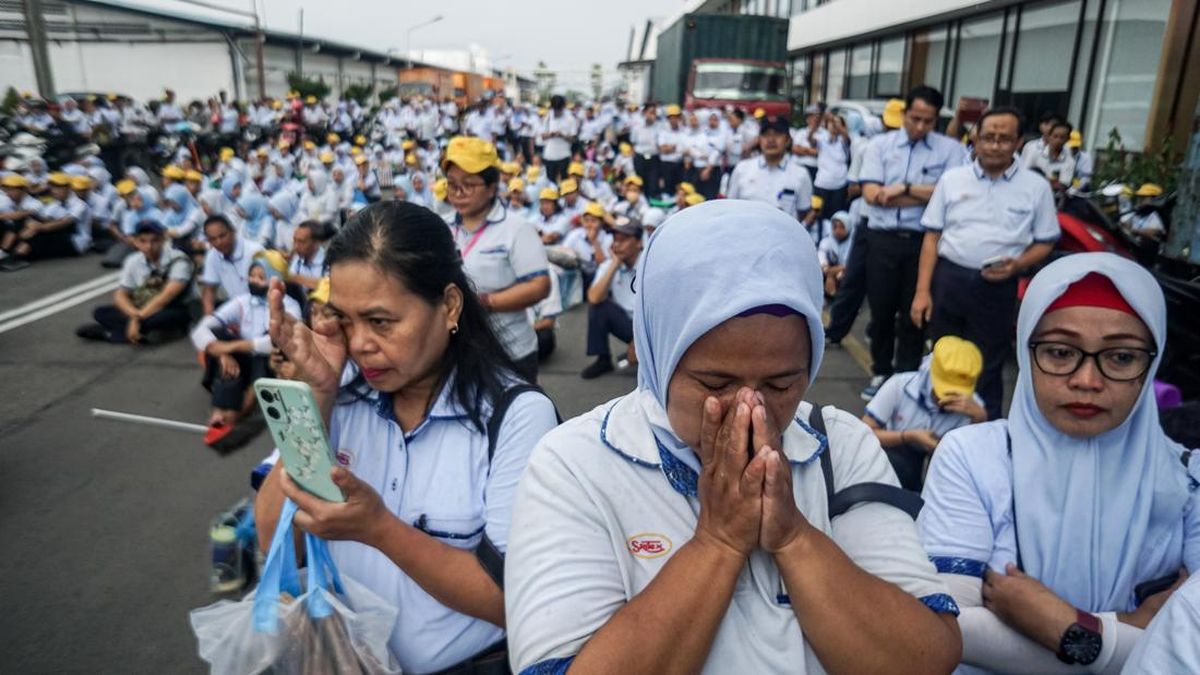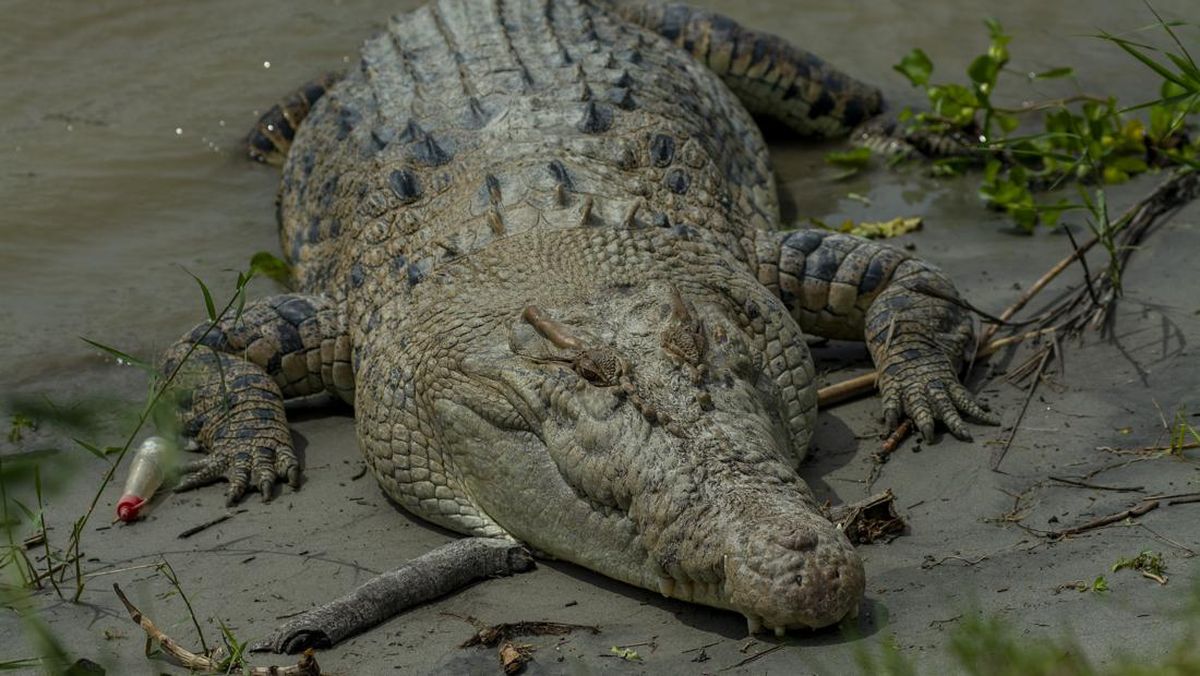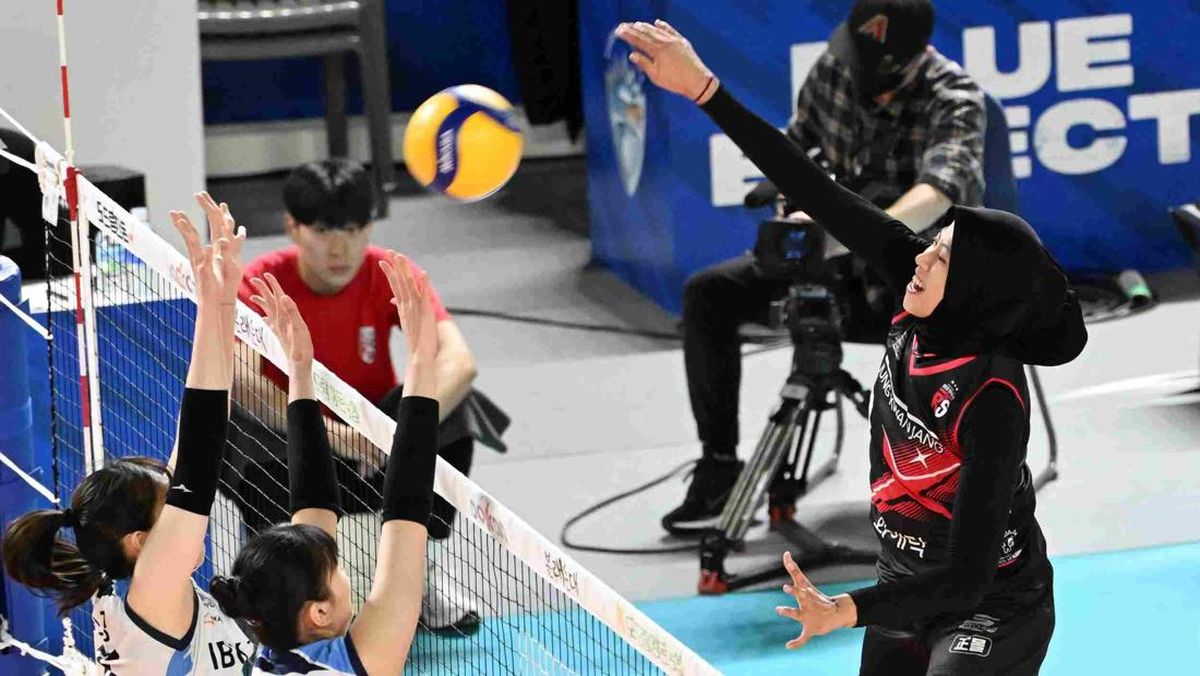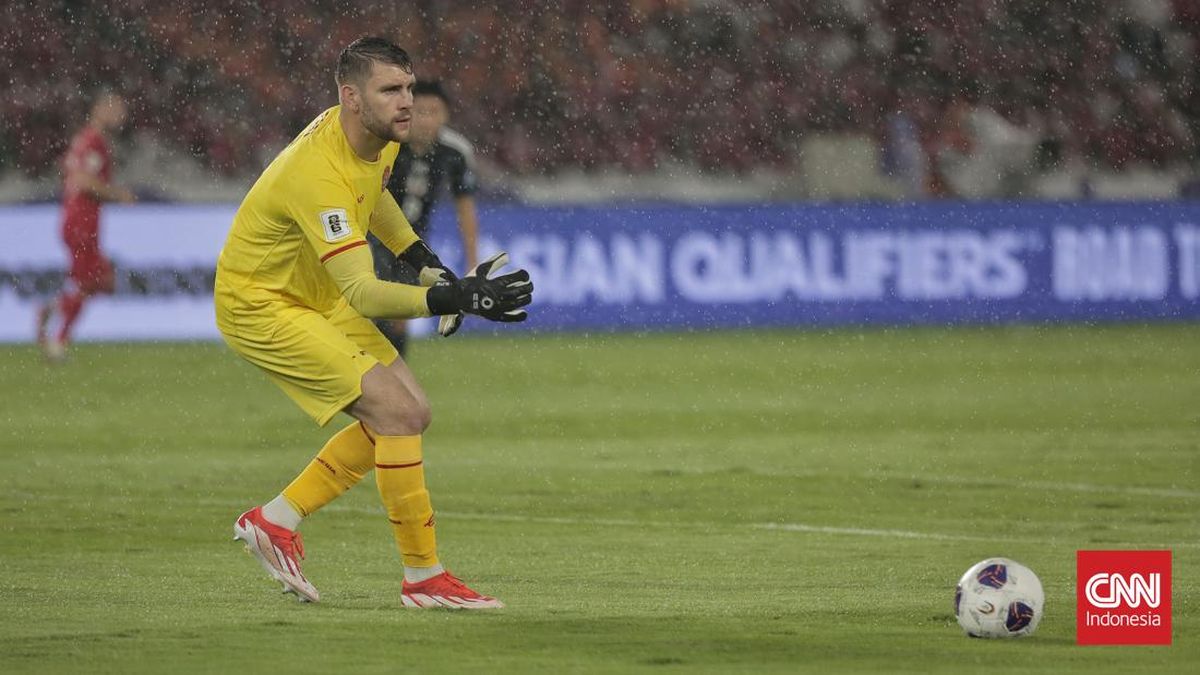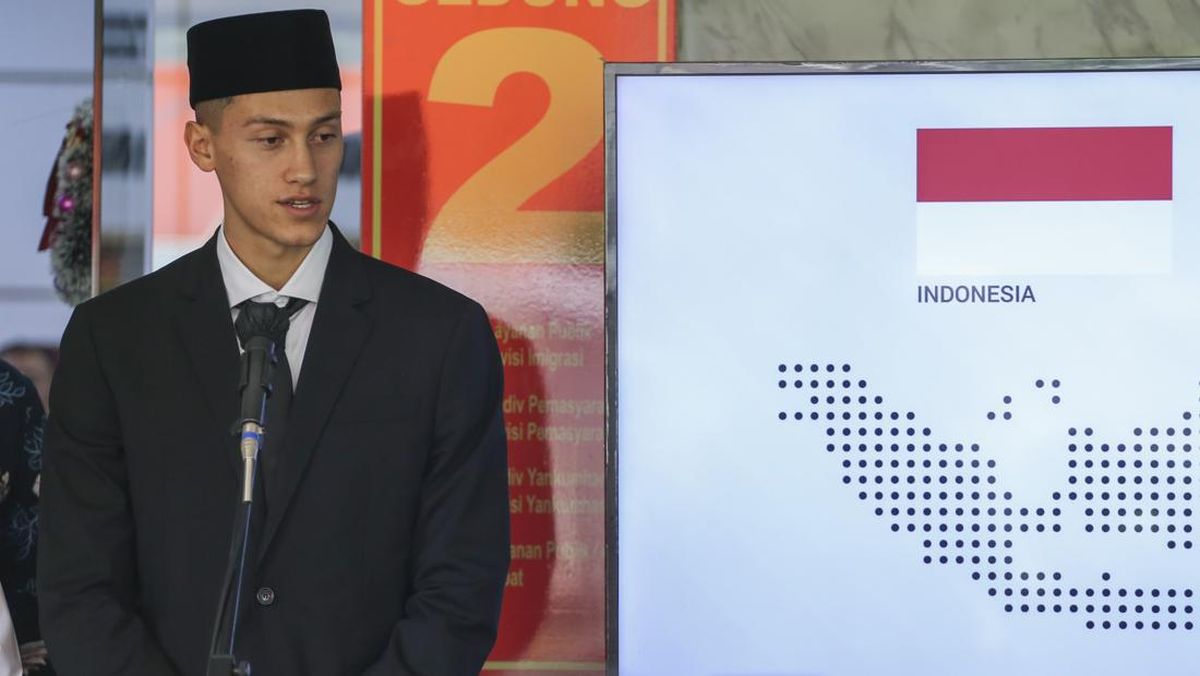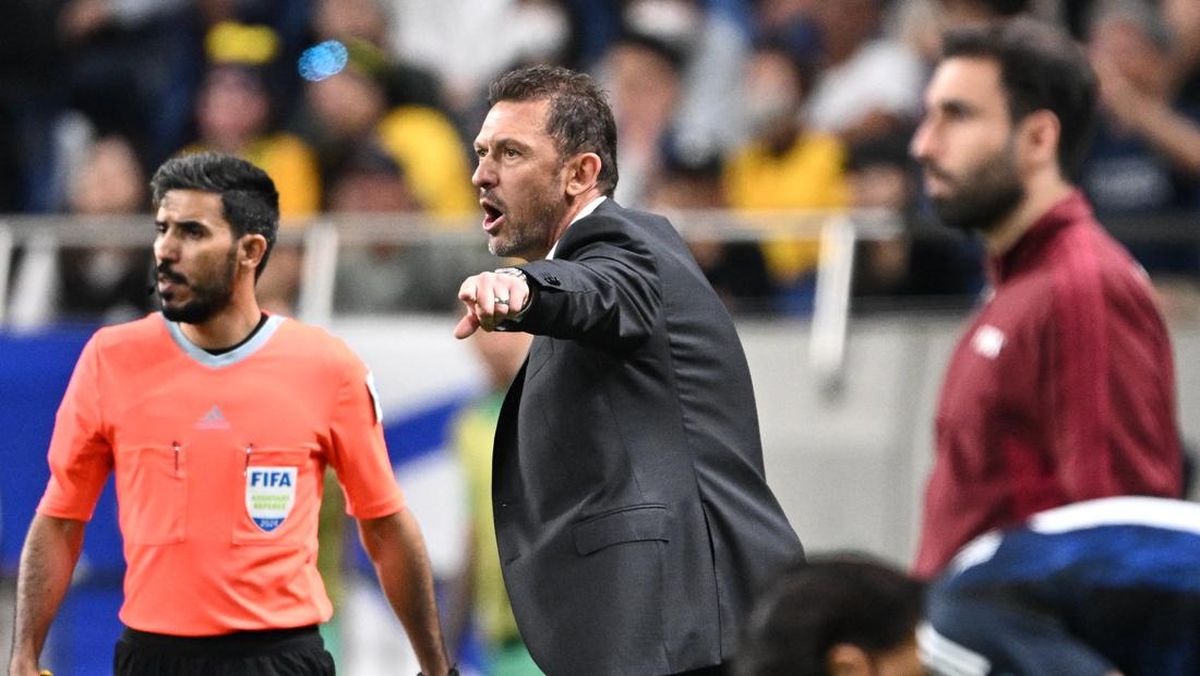A controversial aid group engaged by Israel and backed by the United States says it has started operations in southern Gaza as the Israeli military continues its attacks across the enclave with the stated aim of taking over all of Gaza.
This comes as more than 180,000 people were displaced in Gaza in just 10 days between May 15 and May 25, according to the United Nations International Organization for Migration (IOM).
The Gaza Humanitarian Foundation (GHF), which bypasses aid distribution networks established by the UN and charities, said it distributed boxes of food to Palestinians on Tuesday after announcing it had opened its first distribution hubs in southern Gaza.
The UN and international aid agencies have said they will not cooperate with the Switzerland-registered company, which is distributing aid under the protection of armed security contractors, amid concerns that the scheme could be used to “weaponise” aid, causing further displacement of Palestinians.
Jens Laerke, spokesperson for the UN humanitarian office, said the deliveries were a “distraction from what is actually needed”, instead calling for the reopening of all crossings into Gaza and more Israeli approvals for emergency supplies that are just outside Gaza’s borders waiting to be let in.
The GHF has gone ahead with its mission despite the resignation of executive director Jake Wood on Sunday, who said it could not adhere to “humanitarian principles of humanity, neutrality, impartiality and independence”.
The new operation will rely on four main distribution centres in southern Gaza that will screen families for involvement with the Palestinian group Hamas, potentially using facial recognition or biometric technology, according to aid officials cited by the Reuters news agency.
But many details of how the operation will work remain unexplained, not least the question of how Palestinians scattered across central and northern Gaza, many of them sick and weakened by a lack of food, will be expected to cover long distances to receive the aid.
“Only those who move southwards will get aid,” said Al Jazeera’s Tareq Abu Azzoum, reporting from Deir el-Balah in central Gaza. “People will be forced to travel long distances under very dangerous security circumstances in order to get parcels that will be enough for a few days; and, later on, they will need to travel again.”
Abu Azzoum said many Palestinians were concerned about GHF’s ties to the Israeli government, “raising massive concerns regarding the use of aid as a political tool … to control the movement of Gaza’s population”.
As the GHF operation began on Tuesday, Gaza’s Ministry of Health said the death toll from the conflict had surpassed 54,000.
 (Al Jazeera)
(Al Jazeera)European Union chief Ursula von der Leyen denounced Israel’s deadly wave strikes on civilian facilities during its expanded military offensive as “abhorrent”.
Her comments followed Israel’s bombing of a Gaza City school the previous day, which killed 36 people – mostly women and children.
‘Aid washing’
The GHF announcement came as Israel faced global condemnation over conditions in Gaza, its population of 2.1 million subjected to constant attack amid a looming famine.
Former UNRWA spokesperson Chris Gunness blasted the new scheme as “aid washing”.
“It’s quite simply the use of humanitarian aid to justify the weaponisation of humanitarian assistance, but also to justify ethnic cleansing and genocide,” Gunness told Al Jazeera.
He also raised concerns about the use of security contractors to monitor the operation, saying the “subcontracting of aid to mercenaries” could lead to a similar disaster as last year’s “flour massacre”, in which at least 112 people were killed while waiting for food southwest of Gaza City.
France, the United Kingdom and Canada have said they will take “concrete actions” if Israel does not “cease the renewed military offensive and lift its restrictions on humanitarian aid”. They were joined by Germany this week, which said the humanitarian toll of Israel’s offensive “can no longer be justified as a fight against terrorism”.
On Tuesday, Germany and Finland called for nations to “put pressure” on Israel to allow urgently needed humanitarian aid into Gaza. Earlier, Sweden’s Prime Minister Ulf Kristersson said the European Union should impose sanctions on Israel.
Defying international critics, Itamar Ben-Gvir, Israel’s far-right national security minister, said on Tuesday that Gaza should be denied aid.
“I say to the prime minister: ‘Dear prime minister, we must not give them humanitarian aid. We must not give them fuel …’ Our enemies deserve only a bullet to the head,” he told a large crowd participating in the controversial “Jerusalem Day” march on occupied East Jerusalem.
Israel intercepts Houthi missiles
On Tuesday, the Israeli military said it had intercepted a missile and another projectile fired from Yemen, where Houthi rebels have regularly launched attacks in self-proclaimed solidarity with Palestinians under attack in Gaza.
The Houthis have fired missiles and drones at Israel since the start of the war in October 2023. They paused their attacks during a two-month Gaza ceasefire that ended in March, but resumed them after Israel restarted its campaign in the territory.
While most of the projectiles have been intercepted, a missile fired by the group in early May hit the perimeter of Ben Gurion airport near Tel Aviv for the first time.
Israel has also carried out several attacks on Yemen in recent months, including on ports and the airport in Sanaa.

 1 day ago
13
1 day ago
13





































